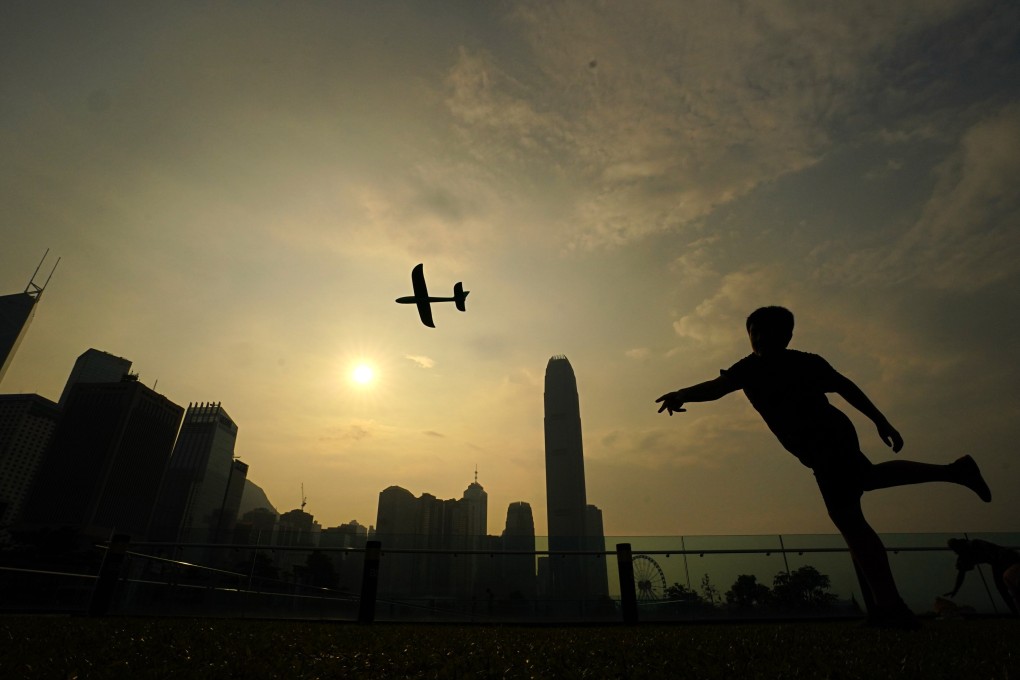Opinion | Governments have no more excuses for delaying action on air pollution
- Nine out of 10 people around the world are still breathing unsafe air. We need to do better, and we have the tools to do so
- As the WHO updates its air quality guidelines, governments must implement targets and enforce strategies so we are not left waiting years for clean air

Yesterday, the World Health Organization updated its guidelines for the quality of our air for the first time in 15 years.
We have more comprehensive data on air pollution than ever before, a clearer understanding of the health implications of PM2.5 pollutants, nitrogen dioxide, ozone and other hazardous pollutants and a growing array of achievable and affordable solutions. There is no reason for governments to choose inaction on air pollution.
Findings tell us that air quality is deteriorating for half the world’s population. There have been air quality improvements in high-income regions since the 1990s, but for people living elsewhere – especially in Central and South Asia and large parts of Africa – exposure has worsened. There should be no doubt in the minds of policymakers that urgent action is needed.

